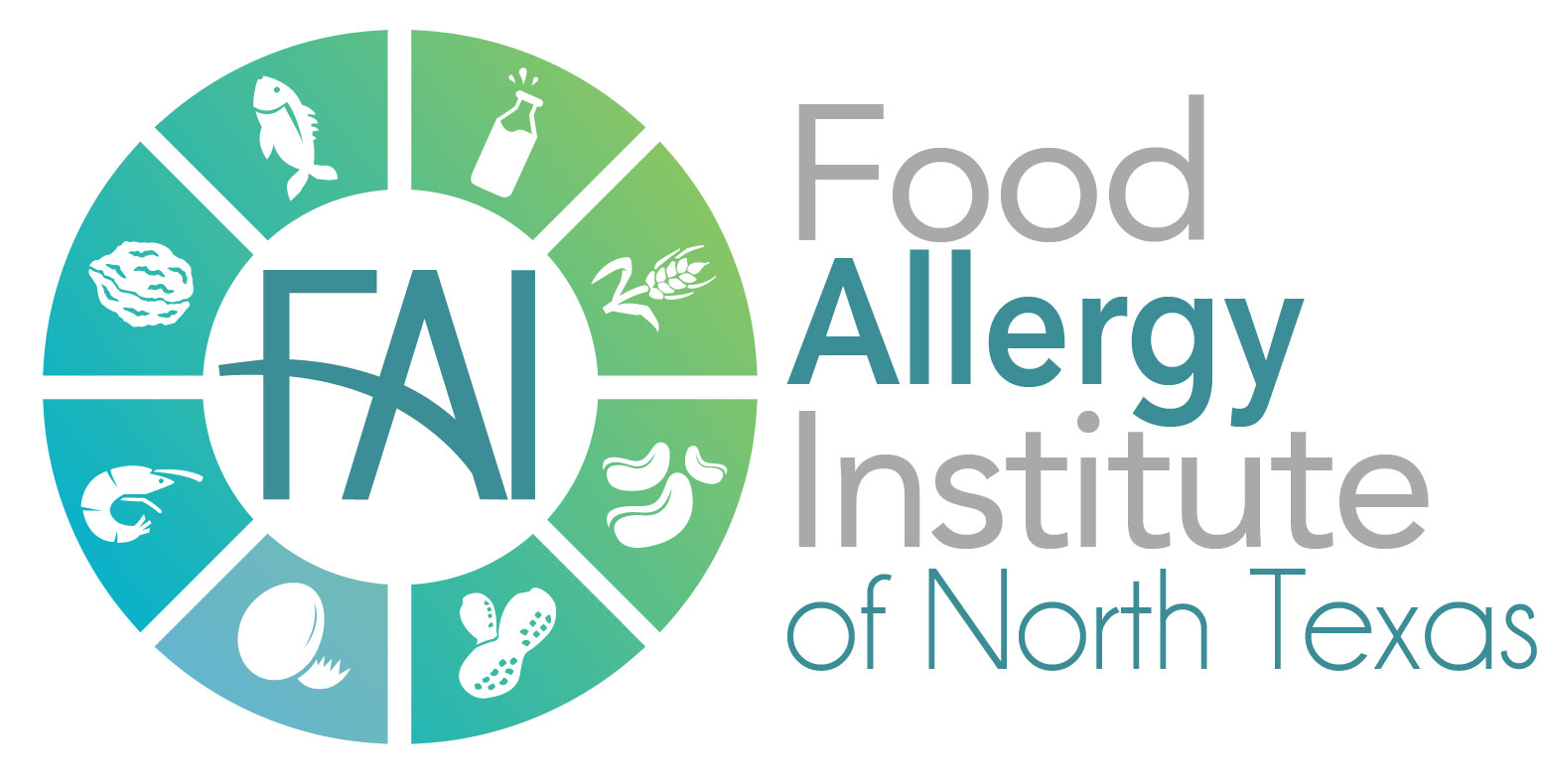
22 Sep IS ALLERGIC LIVING MORE EXPENSIVE?
With extra medical costs, trips to specialty food stores, time lost from work, and specialty camps/schools, one must wonder: How much money does it cost to raise an allergic child?
In 2013, Dr. Ruchi Gupta, an Associate Professor of Pediatrics at Northwestern University Feinberg School of Medicine, published her findings about the economic impact of childhood food allergies in the United States.
Dr. Gupta’s team found that it costs allergic American families a total of $24.8 billion annually ($4,184 per year per child). Of that total, $20 billion directly goes to out-of-pocket expenses such as: caretaker costs, safe schools and camps, specialty foods, and lost opportunities at work.
Specialty Foods
With respect to eating allergen-free, consumers often wonder why these products are so much more expensive than their allergy-containing equivalents.
The reality is that it costs food manufacturers more to: produce, package, warehouse, market, and promote their products.
Producing an allergen-free product requires strict vigilance with respect to cross-contamination. Manufacturers must use dedicated single-source ingredient suppliers who do all parts of production. This includes: growing, harvesting, milling, and packaging. Dedicated assembly lines and equipment must also meet strict guidelines.
These manufacturers are also tasked with providing written documentation on product specifications and analysis, processing conditions, as well as certifications for Kosher, Vegan, Organic (or any other specification they are promoting). In addition, they are also required to have written certification from a third party that all ingredients have been tested by an independent lab to confirm they are free of whatever they are promoting.
How Can You Save?
So, knowing why food manufacturers charge extra for these products, how can you save at the grocery store?
- Plan around sales, coupons, in-store specials, and store brands whenever possible.
- Create a shopping list. The more organized you are, the less impulse shopping you will do.
- Buy in season, especially with respect to produce. Purchase frozen when not in season. Nutritionally speaking, frozen, canned, and dried are great options.
- Organic is a great option for better quality, fewer pesticides, and for the environment. There is no nutritional difference for organic products, but there is often a sizeable price difference. Choose wisely.
- Keep less expensive protein options on hand. Dried beans, lentils, and peas are great alternatives.
- Buy in bulk and freeze when possible.
- Visit websites of food products that you frequently purchase. There are often online coupons that you can use.
- With respect to meats, purchase larger quantities when on sale and prepare enough for 2-3 meals at a time. You can freeze and pull out these products as needed.
While it may be more expensive to raise an allergic child, there are many opportunities to save money. The grocery store is certainly one way to cut back on spending. Shop wisely when you can!


